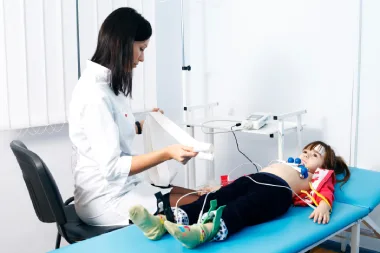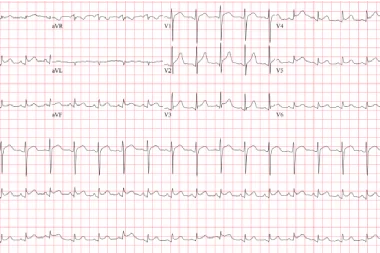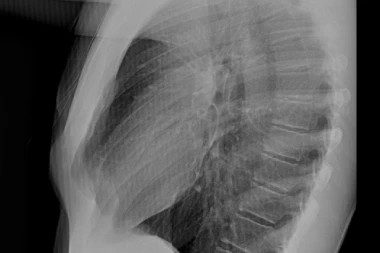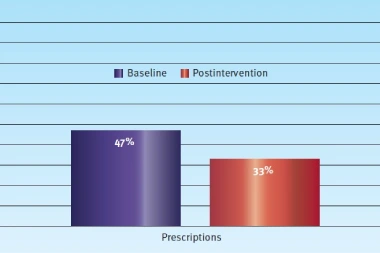In the May issue of JUCM, Josh Russell wrote in his Letter from the Editor-in-Chief about thinking differently about follow-up. If you are not a physician, physician assistant or nurse practitioner and decided to skip his letter that month because it seemed too clinical, I urge you to go back and read it. One of the aspects of Urgent Care that separates us from other kinds of healthcare operations—or used to—is the tight collaboration between …
Read More









